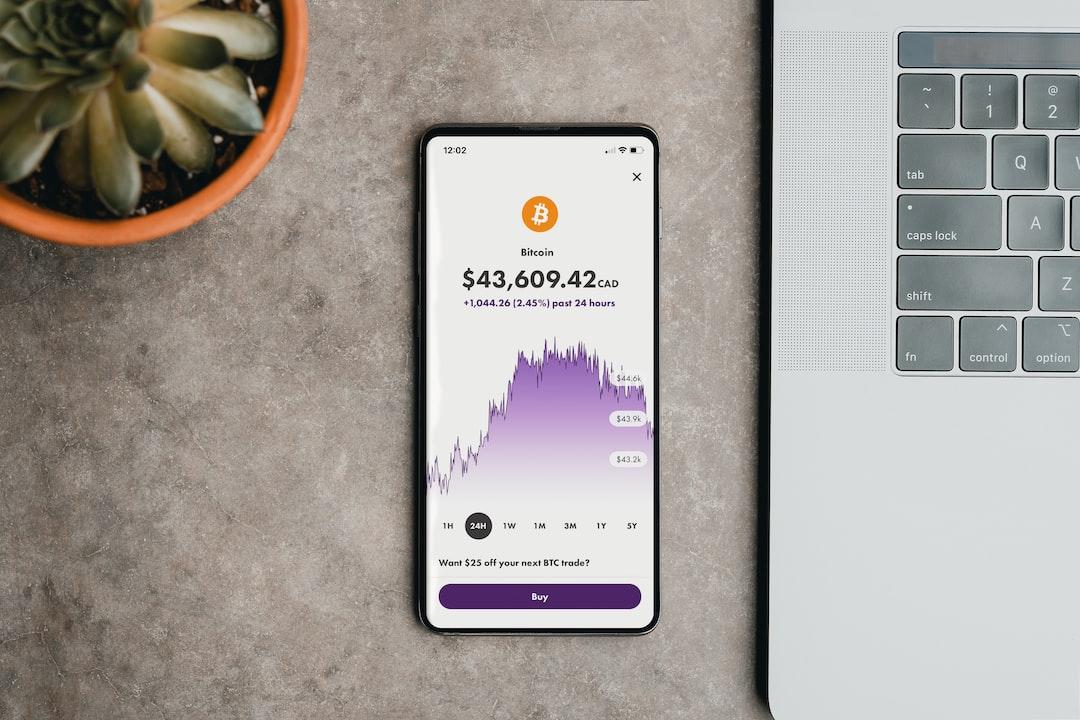What happened in the biggest cryptocurrency heist in history?
Allinvain was mining Bitcoin when its price was below $0.05, and he had 25,000 bitcoins. This article takes you through the tragic story of Allinvain losing $160 million in the largest cryptocurrency theft ever.
In 2010, Allinvain founded one of the first Bitcoin exchanges called Bitcoin Express. Bitcoin Express allowed users to purchase BTC using PayPal. Allinvain sold 1,000 BTC for $5, which means each BTC was valued at $0.005.
However, Allinvain was also a dedicated Bitcoin miner. He was able to mine 500 BTC per hour using just a laptop, which amounts to 1,200 bitcoins per day.
Mining Bitcoin was still possible using a home computer when the value was $10, as shown in the image below. Allinvain could simply generate BTC by pressing a button.
By 2011, mining difficulty skyrocketed, with a hash rate of 4 TH/s. In 2010, the hash rate was only 0.001% of this number, marking a growth of 114,000%. Allinvain stated, “It was as if everyone, their mothers, fathers, cousins, and so on, started mining.”
However, the more Allinvain researched, the more amazed he became. Allinvain wanted to help Bitcoin and began advocating for the use of BTC to buy and sell real goods.
Allinvain quickly became a Bitcoin whale, owning over 25,000 bitcoins. In early 2011, Allinvain celebrated as the price of Bitcoin surged to $30. It was the first Bitcoin bubble, and Allinvain possessed a “magical” currency worth $500,000.
On June 13, 2011, disaster struck. Allinvain noticed a transaction in his wallet involving 25,000 BTC. Just like that, all his BTC was stolen.
Devastated, Allinvain fell into depression. All the work he had done for Bitcoin went down the drain.
To make matters worse, this news spread worldwide. Forbes, The Atlantic, and the American Public Broadcasting Radio all reported on it, calling it the first Bitcoin theft.
The magnitude of this theft sparked conspiracy theories. Some accused Allinvain of orchestrating the whole thing, accusing him of spreading FUD (fear, uncertainty, and doubt).
What really happened? Allinvain admitted it was his own fault, saying, “I put too much trust in security measures, I was just dumb.”
Allinvain had backed up his wallet to Dropbox, Wuala, and SpiderOak. When he discovered that Dropbox staff could remotely access files, he deleted them. However, the root of the problem was someone hacking into his computer and stealing the unencrypted wallet files.
Later, Allinvain realized it might have been a Trojan virus disguised as Bitcoin mining software.
He issued another reminder that personal security is crucial when holding BTC.
But the hacker attack didn’t stop Allinvain from moving forward. He remained active in the Bitcoin community and started his own hosted mining business, doing everything possible to regain his wealth.
Allinvain’s biggest mistake was keeping unencrypted keys on his computer. The hacker’s actions serve as a warning to always keep private keys in a secure offline location. Even some of the most prominent companies in the Bitcoin space have suffered similar attacks.
To this day, Allinvain’s story continues to emphasize the importance of Bitcoin security.
This article was originally published by PANews.

